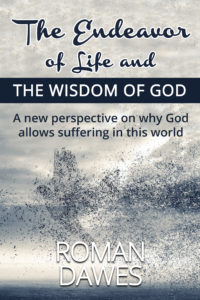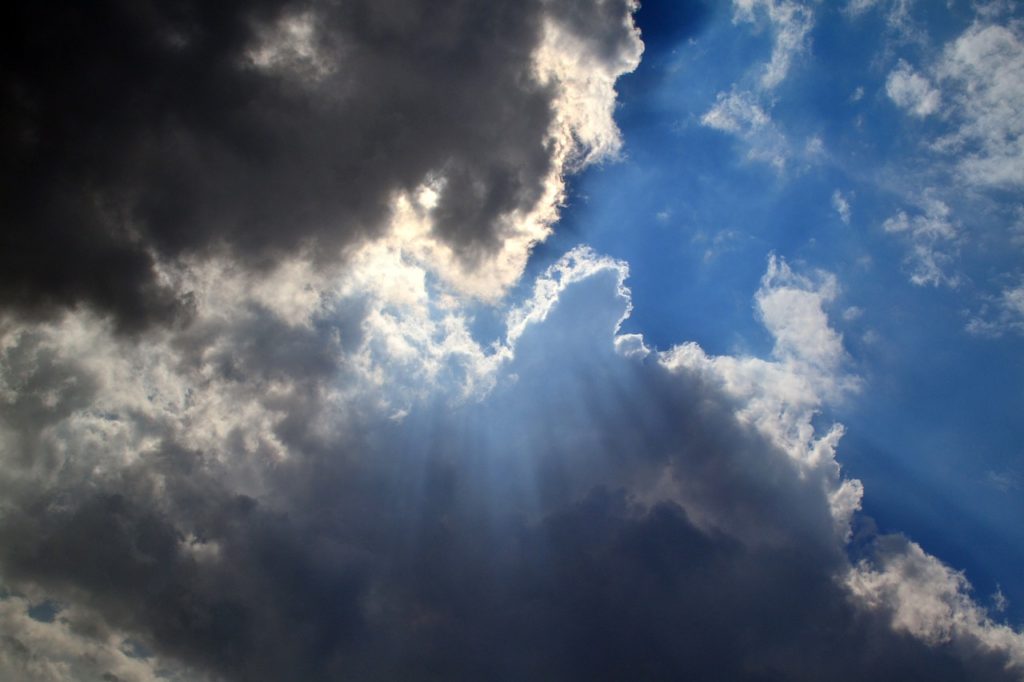Ultimately we believe what we want to believe
I have not yet read astrophysicist Sean Carroll’s books on the origin of the universe and his arguments for a naturalist explanation for all of existence, but I’m eagerly anticipating taking it in. Carroll seems to be not just an accomplished scientist but the type of ambitious thinker on the big questions I expect to find stimulating.
While I anticipate learning from his scientific expertise, on other matters, I certainly expect to disagree with him, since I am a believer in God as a sentient, ordering universal presence.
Listening to Carroll on public radio reminded me of a point I illustrated in a novel I wrote years ago called “The Miracle Year,” which is that people tend to believe what they want to believe and are in fact not willing to change their minds whatever “evidence” might come before them. That’s an accusation that atheists tend to level at religious believers but never see in their own intellectual postures.
Carroll’s own words describing the exquisite balance and state of extremely low entropy that existed after the Big Bang would be a very persuasive argument for convincing a neutral that there is indeed a God who ordered the universe. Let me make that point clear: I would literally use Carroll’s own elegant and compelling words to make a rational argument for why there must be a God. Carroll offers a curious response to such pro-theistic “fine tuning” arguments, which get their name because of the existence of so many finely tuned conditions at the origin of the universe that made it hospitable to life. He asserts that the elegant balance at the origin of the universe is not evidence that existence was created to make life possible because the universe is too finely tuned even to justify that purpose. “It’s overkill,” he said at one point, referring to the conditions at the moment of the Big Bang and immediately afterward.
Wow, that’s his rejoinder? Yet these observations, with which Carroll is intimately familiar, do not in any way persuade him in a divine universal origin.
His is an example that puts to lie the claim atheists so often make that they don’t believe in God because there is no evidence that one exists. First of all, there can be no such thing as proof of a supernatural existence that can be mathematically demonstrated (more on that below). Nevertheless at the origin of the universe is the next best thing to verifiable proof — a powerful, mathematical implication of cosmic design that to a neutral examiner would be unmistakable. But if your mind is made up that there is no god, no proof will suffice to change it.
Why it is impossible to prove the existence of God or of miracles
I touch on that topic in my ebook, in which I explain why God allows bad things to happen to people. The first reason why evidence would not persuade atheists in the existence of God is because they are typically not actually open to evidence or any other rational explanation.
A more important reason is that even for those who witness a miracle, proving it would be impossible. Following is an excerpt from the ebook, The Endeavor of Life:
Certainly, when God performs physical miracles, those events prove to believers and maybe some non-believers that there is a spiritual side to existence that is sentient and sovereign. But such occurrences don’t count as proof of a divine because they can’t be reproduced, and the only recourse we would have to verify them would be an attempt to explain that the cause of a miraculous event was non-physical. Any miracle has a possible physical explanation to satisfy skeptics — even if they witnessed it, but especially if they did not. And in the context of a miracle, it would not be possible for anyone to prove that it was non-physical, or to prove the negative.

